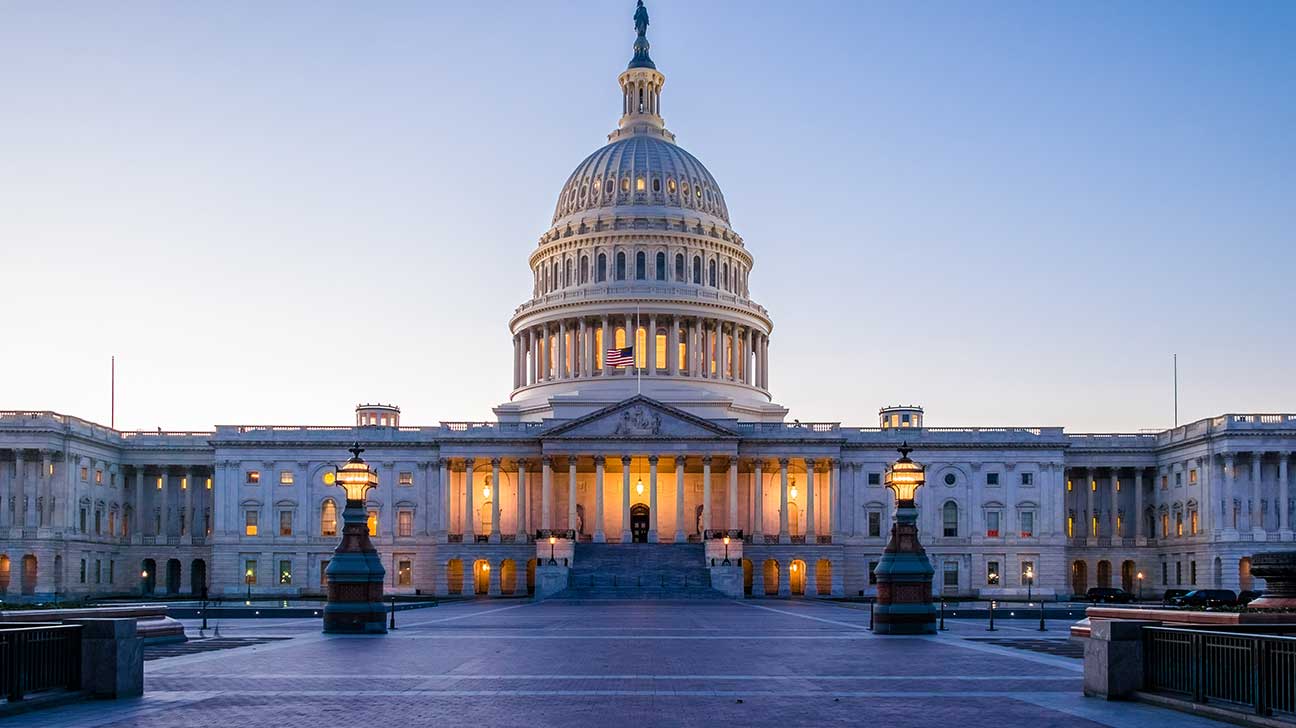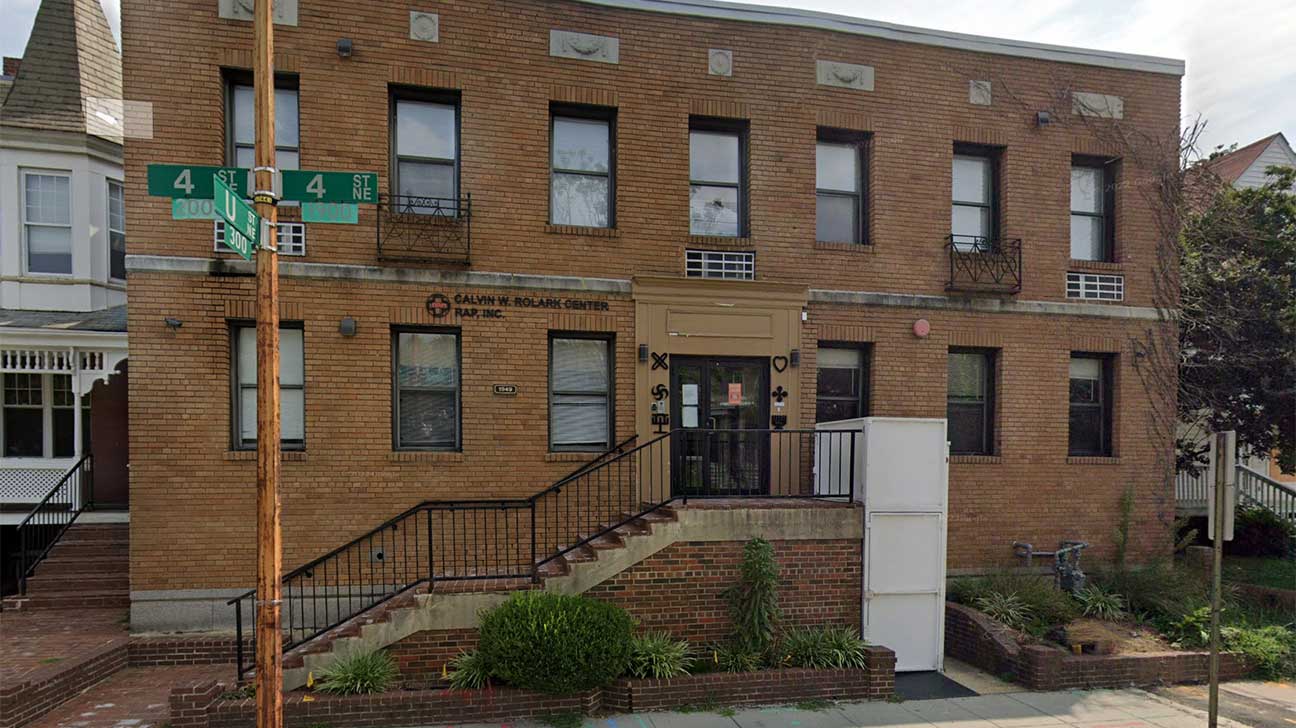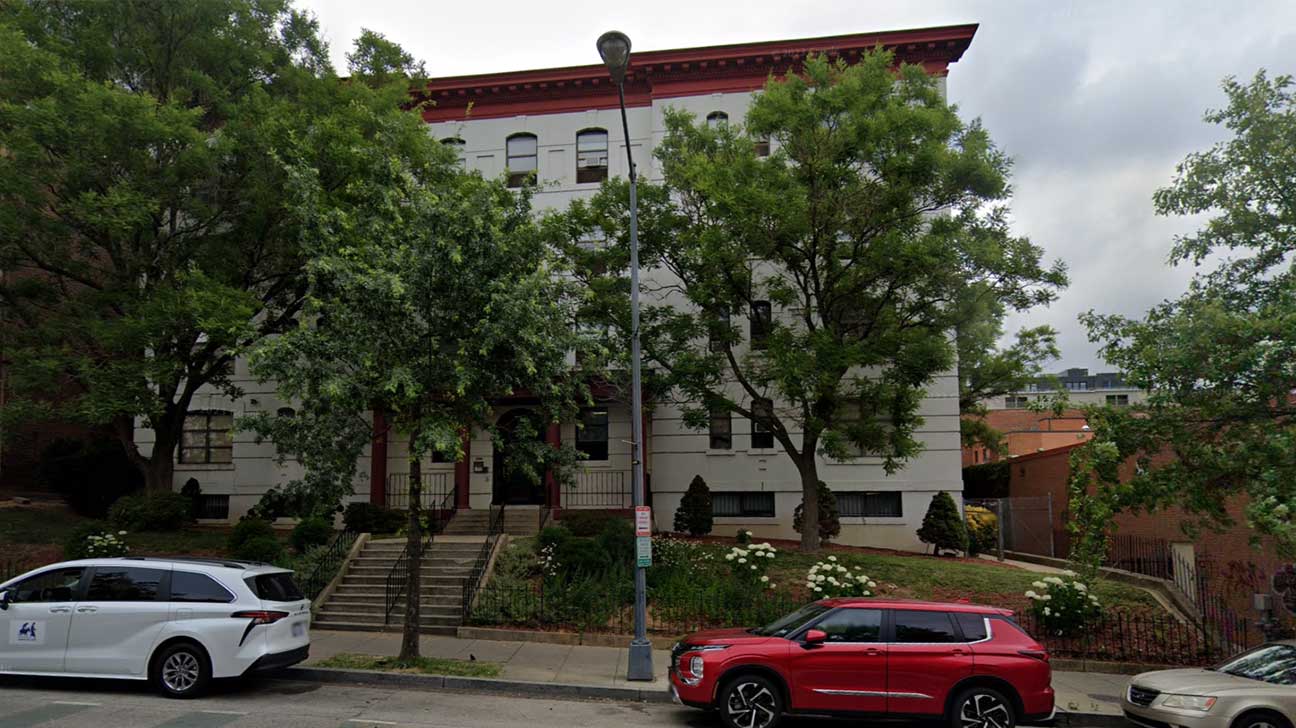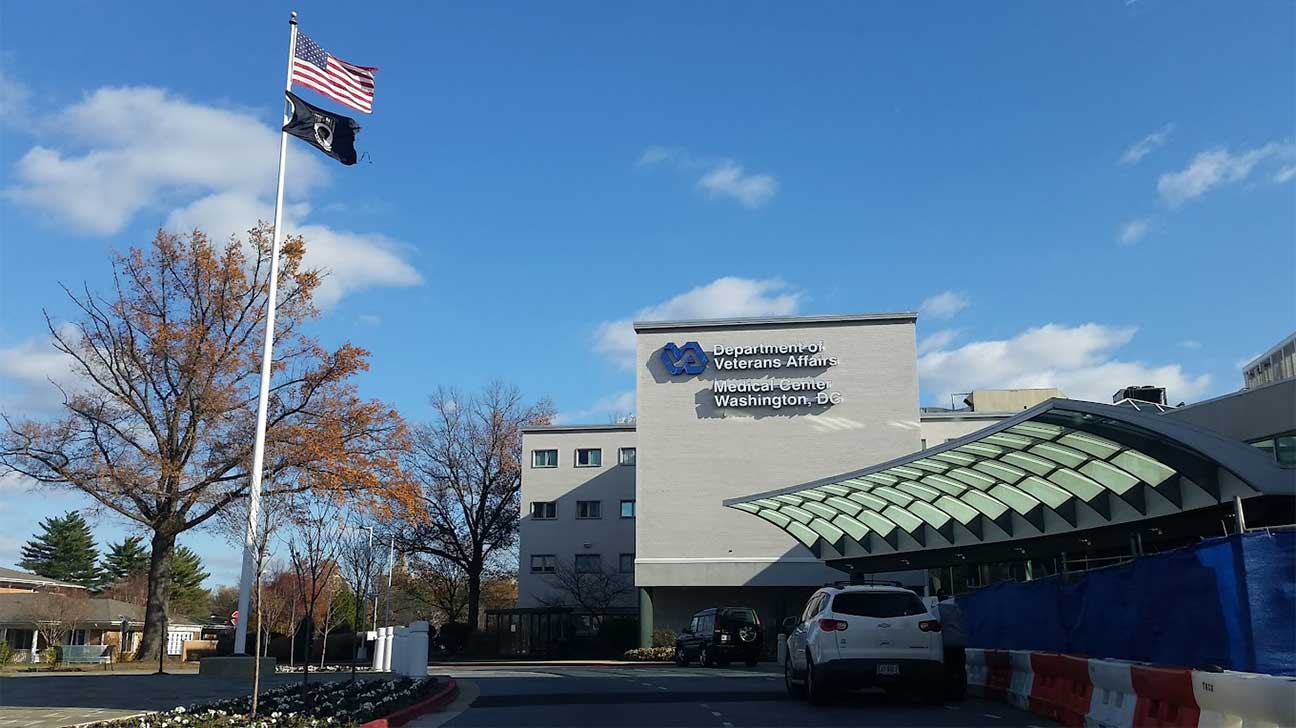
The importance of treatment for pregnant people living with drug addiction cannot be overstated. Without medical oversight both drug use and detoxification can present serious risks.
There are a number of substance abuse treatment centers in Washington D.C. that provide specialized treatment groups and evidence-based support for pregnant people.
List Of Substance Abuse Treatment Centers For Pregnant Women In Washington D.C.
A facility can demonstrate quality care through vetting by government organizations and highly respected independent organizations. However, these are not the only marks of quality care.
Our team selects addiction recovery programs that possess:
- accreditation
- certification
- high Google ratings
- positive client testimonials
1. Community Action Group, Nashville, Washington D.C.
Community Action Group is a recovery center that has outpatient treatment options for people who need addiction treatment. This includes a specialty group for pregnant people.
The facility also offers additional support services to reduce the risk of relapse and prevent substance abuse in the community.
Trusted features:
- state licensure
- 4.8-star Google rating
- evidence-based treatment
- nonprofit status
Levels of care:
- intensive outpatient program (IOP)
- outpatient program (OP)
- aftercare
Treatment services:
- individual therapy
- family therapy
- group therapy
- motivational interviewing (MI)
- cognitive behavioral therapy (CBT)
- trauma-informed therapy
- life skills education
- case management
- telehealth
- dual diagnosis treatment
- 12-step recovery groups
Payment options:
- government funding
- Medicaid
- self-pay
- state health insurance
- payment assistance
Location and contact information:
124 15th St. SE
Washington, DC 20003
(202) 543-4558
2. New Hope Health Services, Washington, D.C.
New Hope Health Services has a number of outpatient treatment options for people, including trauma-based treatment, life skills classes, domestic violence assistance, and more.
This is a SAMHSA-listed facility that reports that it offers groups or specialty services to pregnant and postpartum people.
Trusted features:
- Commission on Accreditation of Rehabilitation Facilities (CARF) accreditation
- state licensure
- evidence-based treatment
- licensed staff
Levels of care:
- detoxification
- partial hospitalization program (PHP)
- intensive outpatient program (IOP)
- outpatient program (OP)
- medication-assisted treatment (MAT)
- aftercare
Treatment services:
- individual therapy
- family therapy
- group therapy
- motivational interviewing (MI)
- Matrix Model
- cognitive behavioral therapy (CBT)
- trauma-informed therapy
- life skills education
- case management
- buprenorphine treatment
- naltrexone treatment
- nicotine replacement therapy
- treatment referrals
- family support
- transportation services
- telehealth
Payment options:
- Medicare
- Medicaid
- private health insurance
- state health insurance
- sliding fee scale
Location and contact information:
2759 Martin Luther King Ave. SE
Washington, DC 20032
(202) 827-9961
3. Regional Addiction Prevention (RAP), Inc., Washington, D.C.
RAP is a nonprofit facility that has both residential programs and outpatient treatment programs available for individuals seeking to begin a new life in recovery.
The facility offers specialized groups for pregnant people as well as case management for help with employment, housing, and other social service support.
Trusted features:
- state licensure
- 4.2-star Google rating
- evidence-based treatment
- licensed staff
Levels of care:
- inpatient treatment
- detoxification
- intensive outpatient program (IOP)
- outpatient program (OP)
- medication-assisted treatment (MAT)
- aftercare
Treatment services:
- individual therapy
- family therapy
- group therapy
- cognitive behavioral therapy (CBT)
- motivational interviewing (MI)
- trauma-informed therapy
- dual diagnosis treatment
- relapse prevention
- life skills education
- transportation services
- women’s addiction treatment
- case management
- buprenorphine treatment
- naltrexone treatment
- employment services
- HIV testing/treatment
Payment options:
- government funding
- state health insurance
- Medicare
- Medicaid
Location and contact information:
1949 4th St. NE
Washington, DC 20002
(202) 462-7500
4. Samaritan Inns, Inc., Washington, D.C.
The Samaritan Inns, Inc. operates Clark Inn, a non-profit treatment provider that offers community health care to those looking for addiction treatment.
The facility provides long term residential alcohol and drug treatment options for women with children as well as specialized programs for pregnant individuals wishing to recover.
Trusted features:
- state licensure
- 4.4-star Google rating
- client testimonials
- evidence-based treatment
Levels of care:
- residential treatment
- inpatient treatment
- medication-assisted treatment (MAT)
- aftercare
Treatment services:
- individual therapy
- family therapy
- group therapy
- motivational interviewing (MI)
- trauma-informed therapy
- Matrix Model
- life skills education
- case management
- pregnant women’s addiction treatment
- women’s addiction treatment
- buprenorphine treatment
- naltrexone treatment
- nicotine replacement therapy
- treatment referrals
- family education
Payment options:
- government funding
- Medicaid
- state health insurance
Location and contact information:
1422 Harvard St. NW
Washington, DC 20009
(202) 667-8831
5. Washington DC Veterans Affairs Medical Center (VAMC), Washington, D.C.
The Washington DC VAMC has both hospital inpatient and outpatient treatment services for military personnel.
This includes specialized services for military personnel and veterans who are pregnant and need prenatal care. Case management is also available for those who require additional resources.
Trusted features:
- Joint Commission accreditation
- Substance Abuse and Mental Health Services Administration (SAMHSA) certification
- 3.1-star Google rating
- evidence-based treatment
Levels of care:
- inpatient treatment
- detoxification
- partial hospitalization program (PHP)
- intensive outpatient program (IOP)
- medication-assisted treatment (MAT)
- aftercare
Treatment services:
- individual therapy
- family therapy
- group therapy
- motivational interviewing (MI)
- Matrix Model
- cognitive behavioral therapy (CBT)
- trauma-informed therapy
- life skills education
- case management
- pregnant women’s addiction treatment
- women’s addiction treatment
- veterans treatment
- buprenorphine treatment
- naltrexone treatment
- nicotine replacement therapy
- treatment referrals
- family support
- transportation services
Payment options:
- government funding
- Medicare
- Medicaid
- TRICARE
- private health insurance
- self-pay
Location and contact information:
50 Irving St. NW 3-C N,
Unit 116-A
Washington, DC 20422
(202) 745-8336
How Is Substance Abuse Treated In Pregnancy?
There are a few options that individuals can choose in regards to treatment. Typically, treatment starts with detoxification or medication-assisted treatment (MAT).
Detoxification can be risky for pregnant women as it puts significant stress on the body, especially if a person is using a depressant like alcohol.
Certain withdrawal symptoms can cause health issues such as premature birth, miscarriage, seizures, hallucinations, fetal alcohol syndrome (FAS), or even death to parent and/or child.
In cases where severe withdrawal symptoms are expected, medication-assisted treatment (MAT) is typically suggested. Using MAT prevents withdrawal and reduces the risk of complications.
Though a fetus may still have a chance of developing neonatal abstinence syndrome (NAS), the condition is highly treatable if you have a neonatal team on hand at birth.
Additional treatment may include behavioral therapy, prenatal health support and education, support groups and mentoring, and aftercare such as social service assistance.
What Resources Are There For Substance Abuse During Pregnancy?
Pregnancy can add strain to already difficult circumstances. Pregnant people who need assistance with healthcare, housing, transportation, or employment should not hesitate to ask.
These are some of resources available to pregnant people with substance use disorders:
- The March of Dimes
- Substance Abuse and Mental Health Services Administration (SAMHSA)
- American Pregnancy Helpline
- Indian Health Service (IHS)
- National Council on Alcoholism and Drug Dependence (NCADD)
- The Journey Recovery Project
- The Centers for Disease Control and Prevention (CDC)
The organizations listed above provide a number of helpful resources to pregnant individuals, including medical care, financial aid, education, and a variety of other services.
Detoxing For Pregnant Women
Medical detox is the best way to go if you choose to detox. Speaking to a doctor who understands pregnancy and addiction can be beneficial to deciding how to move forward.
Though some people may be able to detox safely under the care of a doctor, it needs to be discussed with a physician first, as this isn’t the case for everyone.
Some doctors may suggest tapering for detoxification, or using medication-assisted treatment (MAT) in the way of buprenorphine or methadone instead of detoxification.
It is dangerous to attempt to detox alone. Using medical detox offers the safest option for parent and child, while building connections to other services for long-term addiction treatment.
FAQs About Addiction Care For Pregnant Women
These are some of the most frequently asked questions about addiction treatment for pregnant individuals.
Is It Safe For Pregnant Women To Do Medical Detox?
Medical detoxification may be safe if your medical provider approves. Detox does present risks, so make sure you discuss these in detail before proceeding.
To mitigate the risk, your doctor may suggest tapering or utilizing medications during detoxification to regulate your heart rate, temperature, breathing, and mental state.
Does Washington D.C. Give Financial Aid To Pregnant Women Who Seek Addiction Care?
There are facilities in Washington D.C. that offer financial assistance to pregnant individuals seeking care. Many also take insurance such as Medicaid, which can greatly reduce costs.
Financial assistance given to facilities is often through state-funding or grants such as the Community Mental Health Services Block Grant (MHBG) or the Substance Abuse Prevention and Treatment Block Grant (SABG).
Can My Children Come To Addiction Treatment With Me?
Some addiction treatment centers do allow children to attend, depending upon age. Samaritan Inns, Inc. above, is one of those that allows children to stay with their parent during treatment.
Not all alcohol and drug abuse treatment centers provide for this, so ask the treatment center regarding your children staying with you while attending treatment, and what options you have.
Recover From Addiction Today
Don’t let addiction hold you or your loved one hostage. Make the call today and get your life back.
Article Sources- American Psychological Association (APA)
https://www.apa.org/pi/women/resources/treatment-resources-pregnant-women.pdf - Centers for Disease Control and Prevention (CDC)
https://www.cdc.gov/pregnancy/opioids/treatment.html - Department of Behavioral Health: DC.gov
https://dbh.dc.gov/page/behavioral-health-services-block-grants - Department of Behavioral Health: DC.gov
https://dbh.dc.gov/page/substance-use-disorder-services - National Library of Medicine (NIH)
https://nida.nih.gov/publications/research-reports/substance-use-in-women/substance-use-while-pregnant-breastfeeding#:~:text=Recent%20research%20shows%20that%20smoking,triple%20the%20risk%20of%20stillbirth.&text=Estimates%20suggest%20that%20about%205,one%20or%20more%20addictive%20substances. - Substance Abuse and Mental Health Services Administration (SAMHSA)
https://findtreatment.samhsa.gov/





